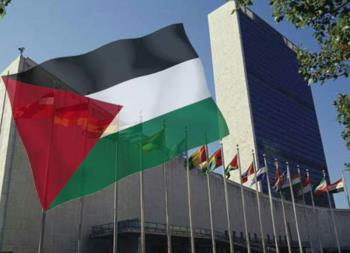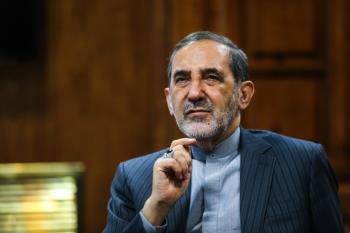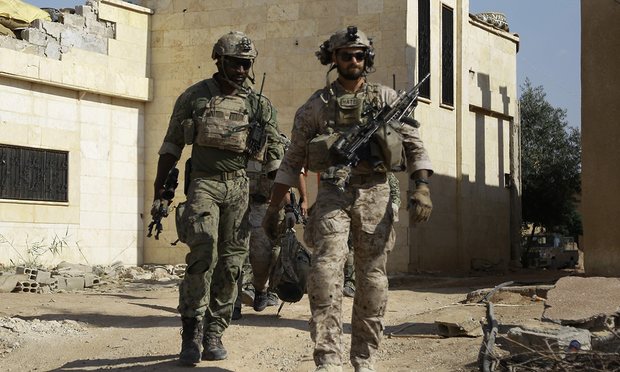Alwaght- Western and Arab media’s attitudes towards the Syrian conflict are normally reflective of US policy. Recently, the US operation in Raqqa has been receiving extensive coverage and even support. At the same time, these media outlets are turning a blind eye to Syrian army advances in Aleppo where they are backed by resistance groups and Russian air force.
The media discrepancy in the coverage of Syria-related events can be traced back to the fact that the media is an extension of international politics where each organization represents the values and principles of its funders. This includes news selection and representation.
For example, Western media as well as those funded by oil-rich Persian-Gulf states that are also backing terrorists in Syria have been highlighting the attack on Raqqa since its launching. At the same time the Aleppo battle is being underestimated.
Images were quick to emerge and circulate after the US military joined an alliance of Kurdish and Arab groups in an offensive to retake Raqaa from ISIS terrorists.
The pictures, distributed by Agence France Press, showed what appeared to be U.S. Special Operations forces fighting near the front lines near the Syrian village of Fatisah. Syrian Democratic Forces identified them as US Special Operations forces even though they were wearing YPG badges.
Pro-US media were also quick to propagate figures suggesting that at least 150 airstrikes were carried out by the US-led coalition on Raqqa which were released by the Britain-based Syrian Observatory for Human Rights.
On the other hand, the battle for Aleppo has not received as much attention despite its strategic importance. Backed by resistance fighters, the Syrian army is engaged in an offensive to liberate the province from al-Nusra Front, Jaish al-Islam, and Saudi-backed Ahrar al-Sham.
While Russian aircraft intensify their bombing of the Aleppo countryside, the Americans declined an invitation to strike extremist groups such as al-Nusra Front.
The reason is related to who is fighting whom and who is fighting which battle. Since the US undertook Raqqa, mainstream media is pushing to support the operation as a way of portraying Washington’s forces as saviours. At the same time, these forces have been trying to delay the liberation of southern Aleppo.
Some observers have noted that the US is using Kurdish forces, who are keen on expelling terrorists from Syrian territory, to seize control of Raqqa and use it as trump card in negotiations and demand the ouster of Syrian President Bashar Assad.
Concurrently, analysts expect the US to abandon the Kurds once the battle is won, especially that helping the Kurdish cause would put it at risk of odds with the Turks.
All the while, the battle for Aleppo remains vaguely covered. When Raqqa is being covered, it is claimed that there are no civilians in the area. When it comes to Aleppo, targeted militants are portrayed as innocent victims and fabricated photos are passed on as the truth.
Again, it is clear that the war on Syria is not merely a military one. In fact, the media war plays a major part in shaping the conflict and the future of the war-torn country. Now the latest battles against terrorism in Raqqa and Aleppo have become part of another media showdown.



























